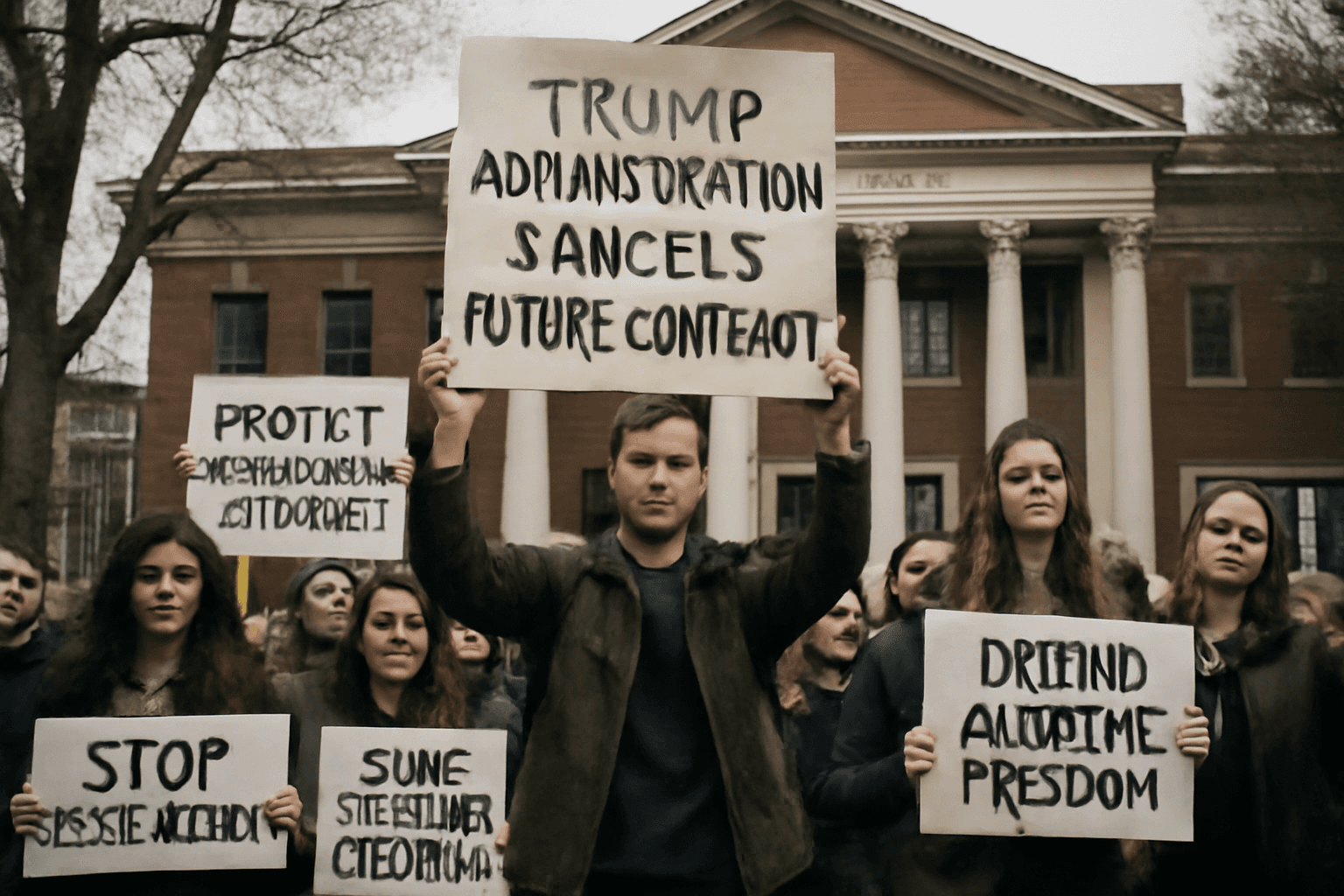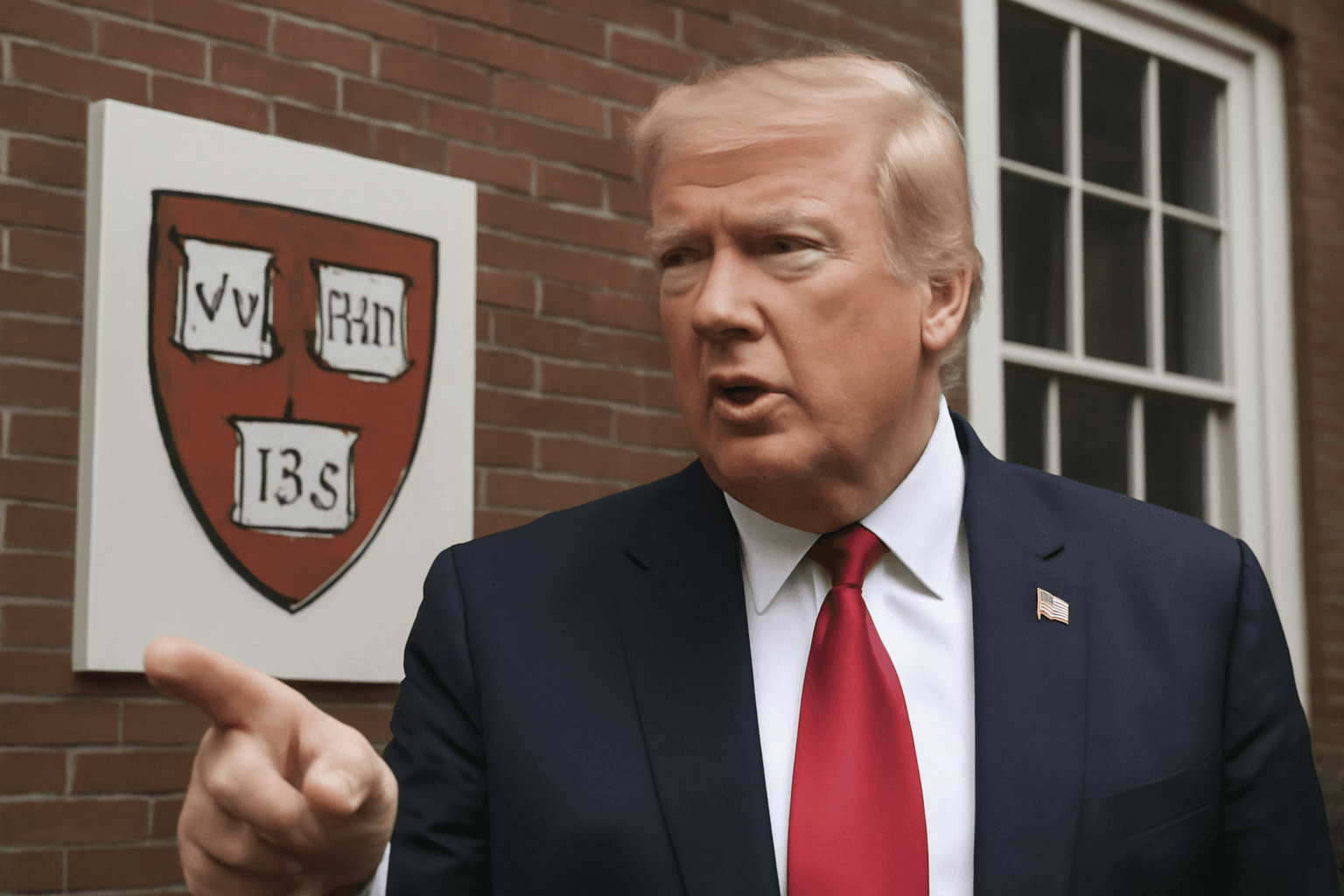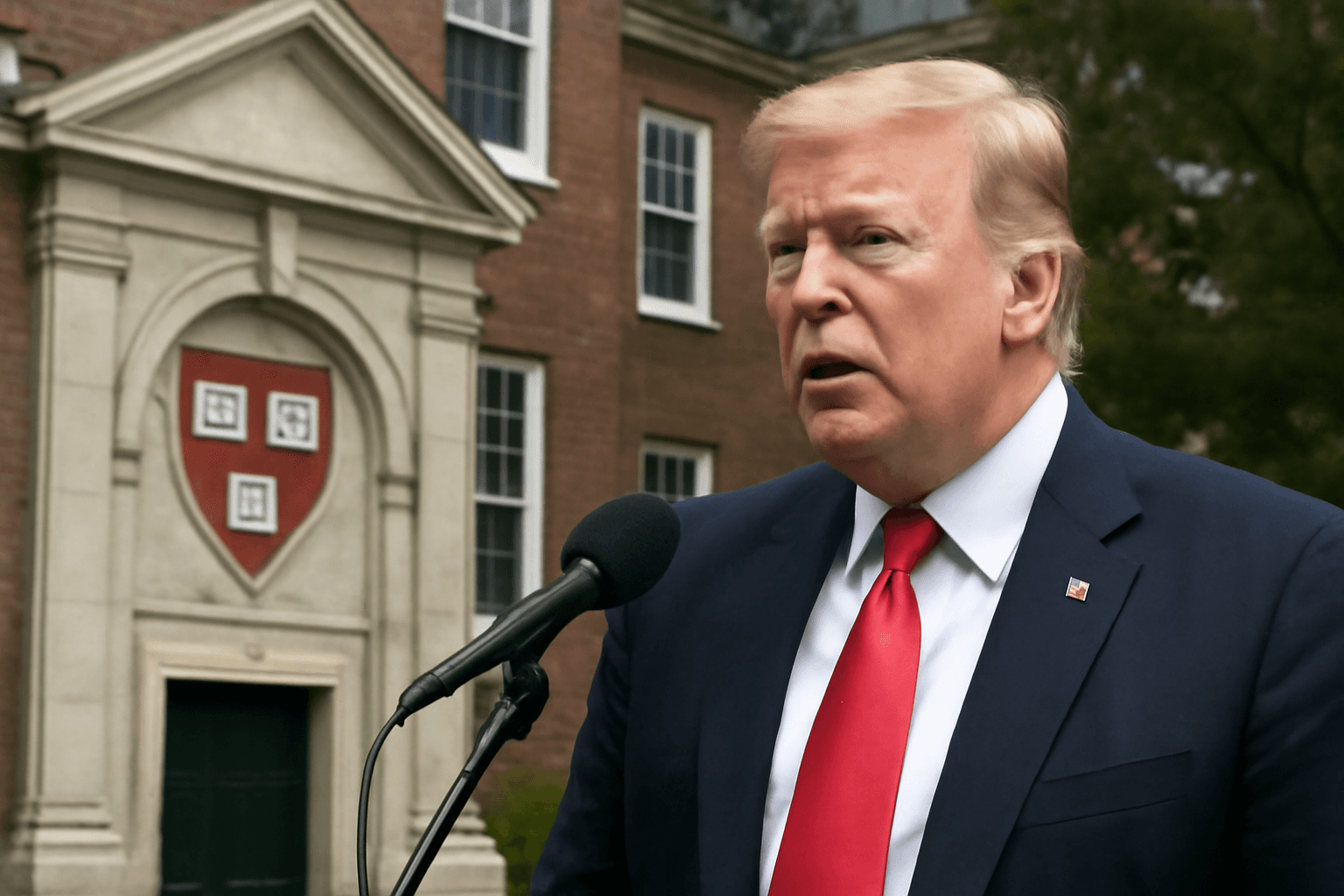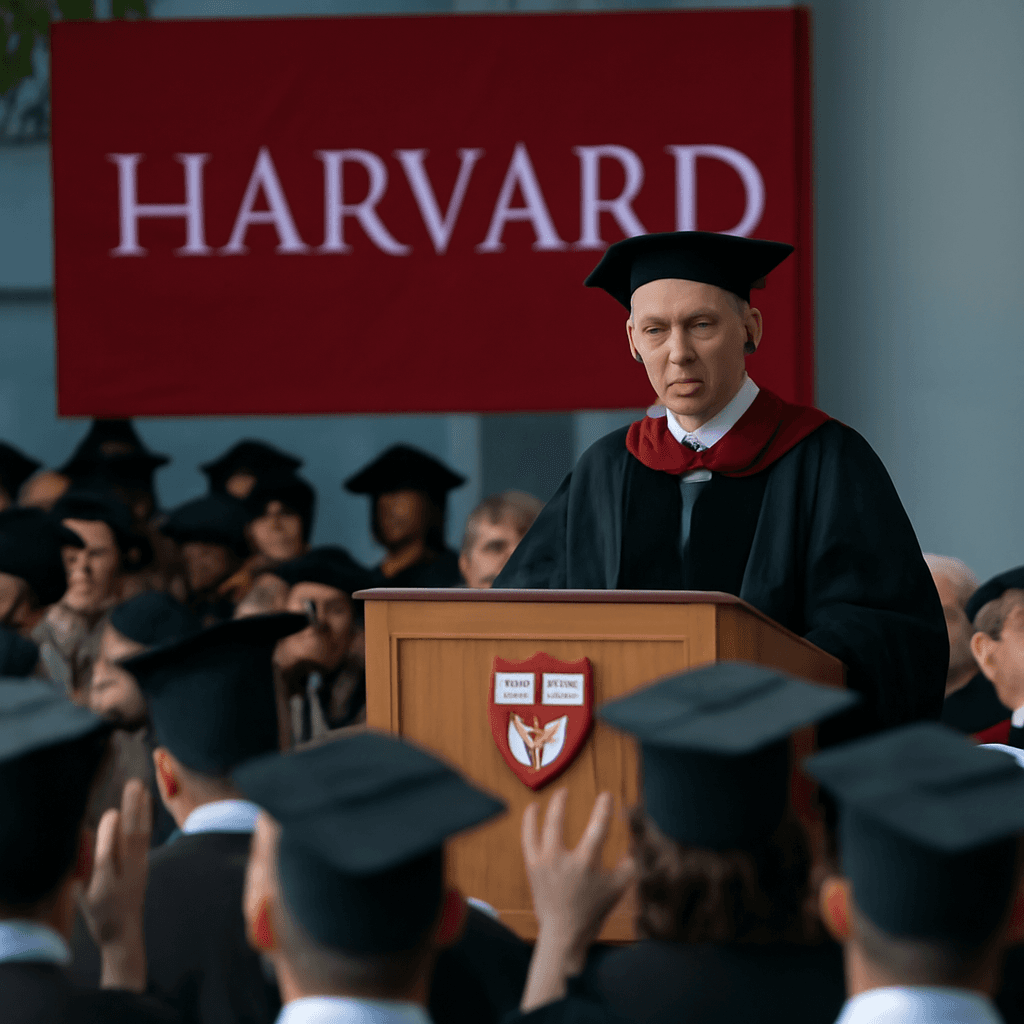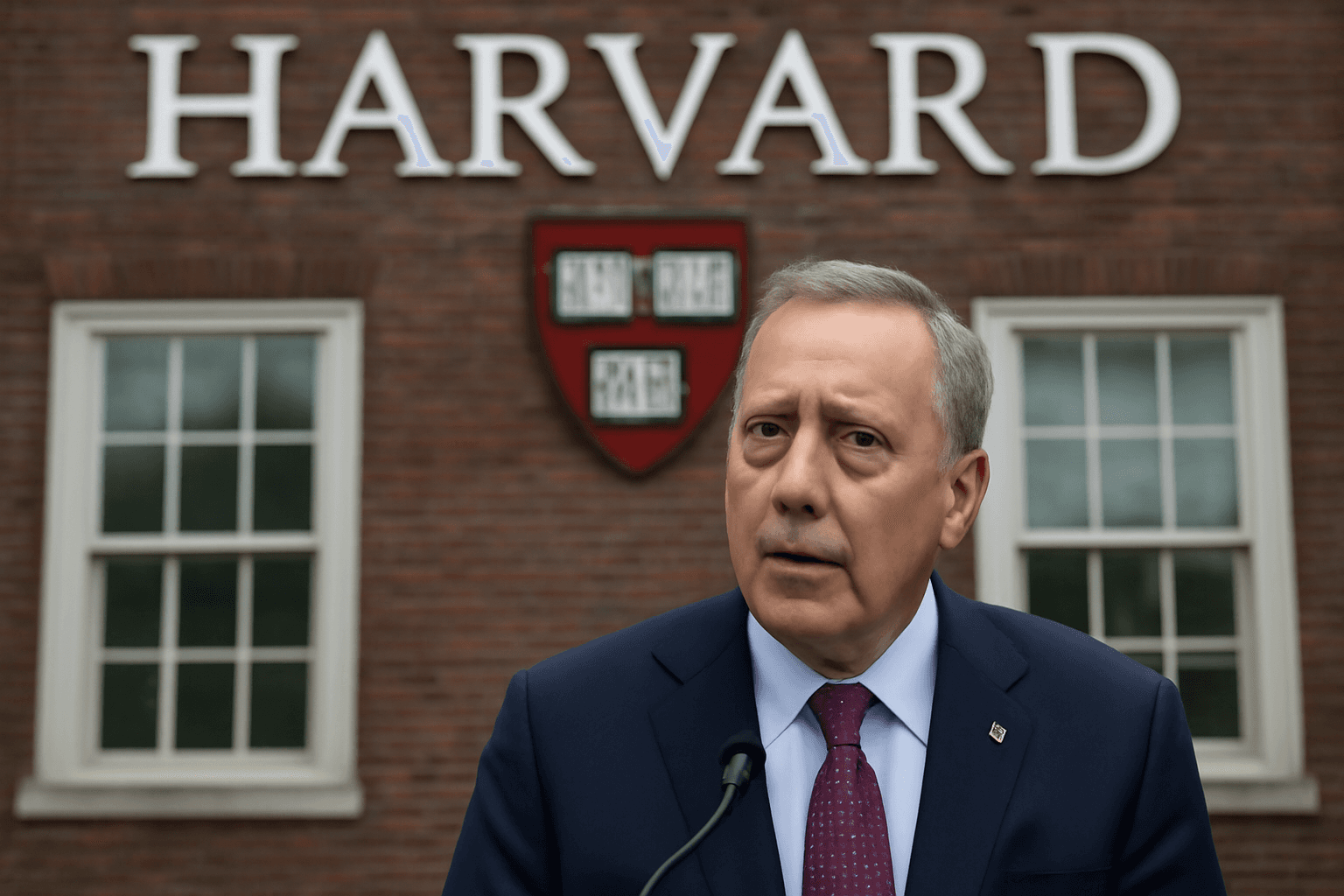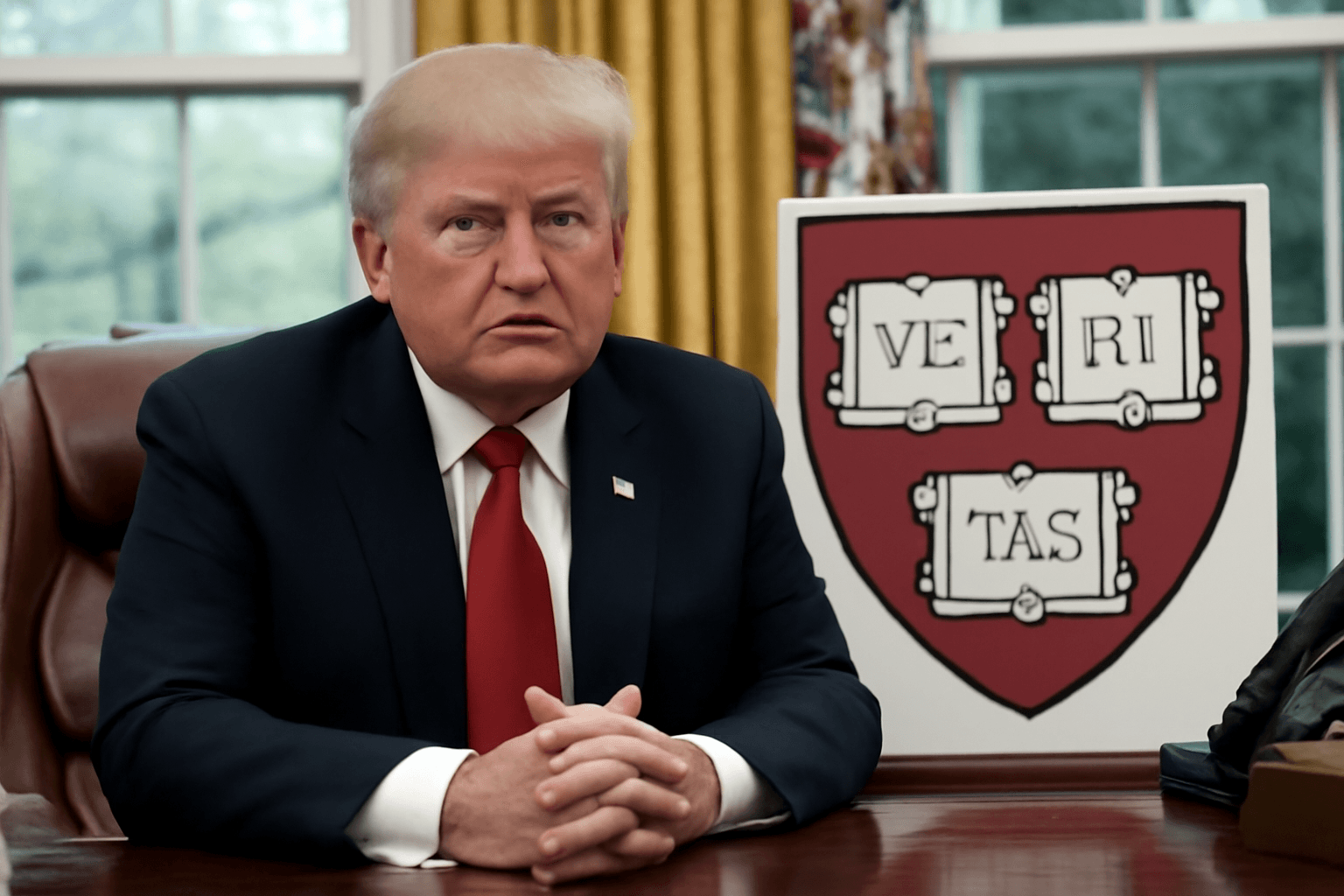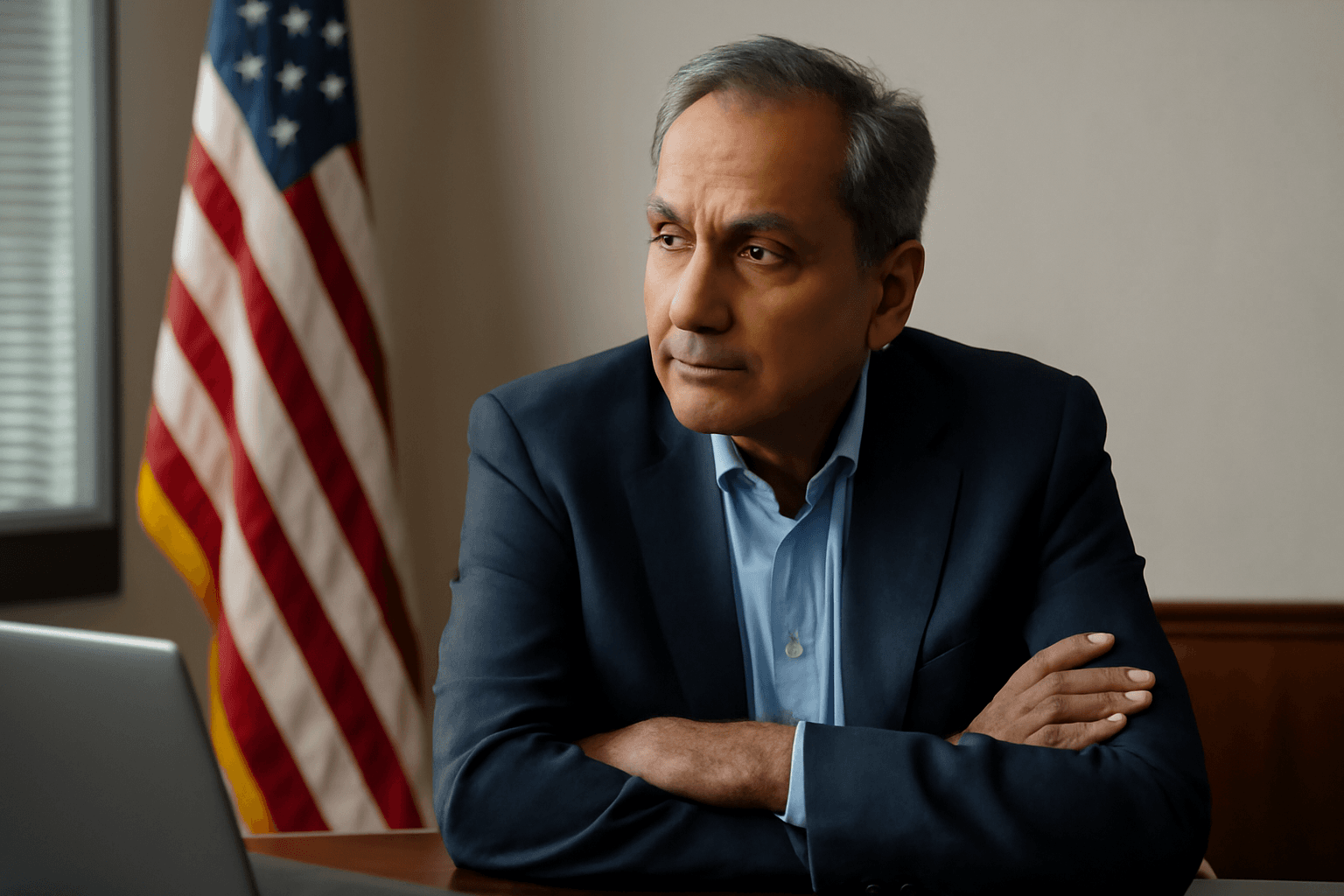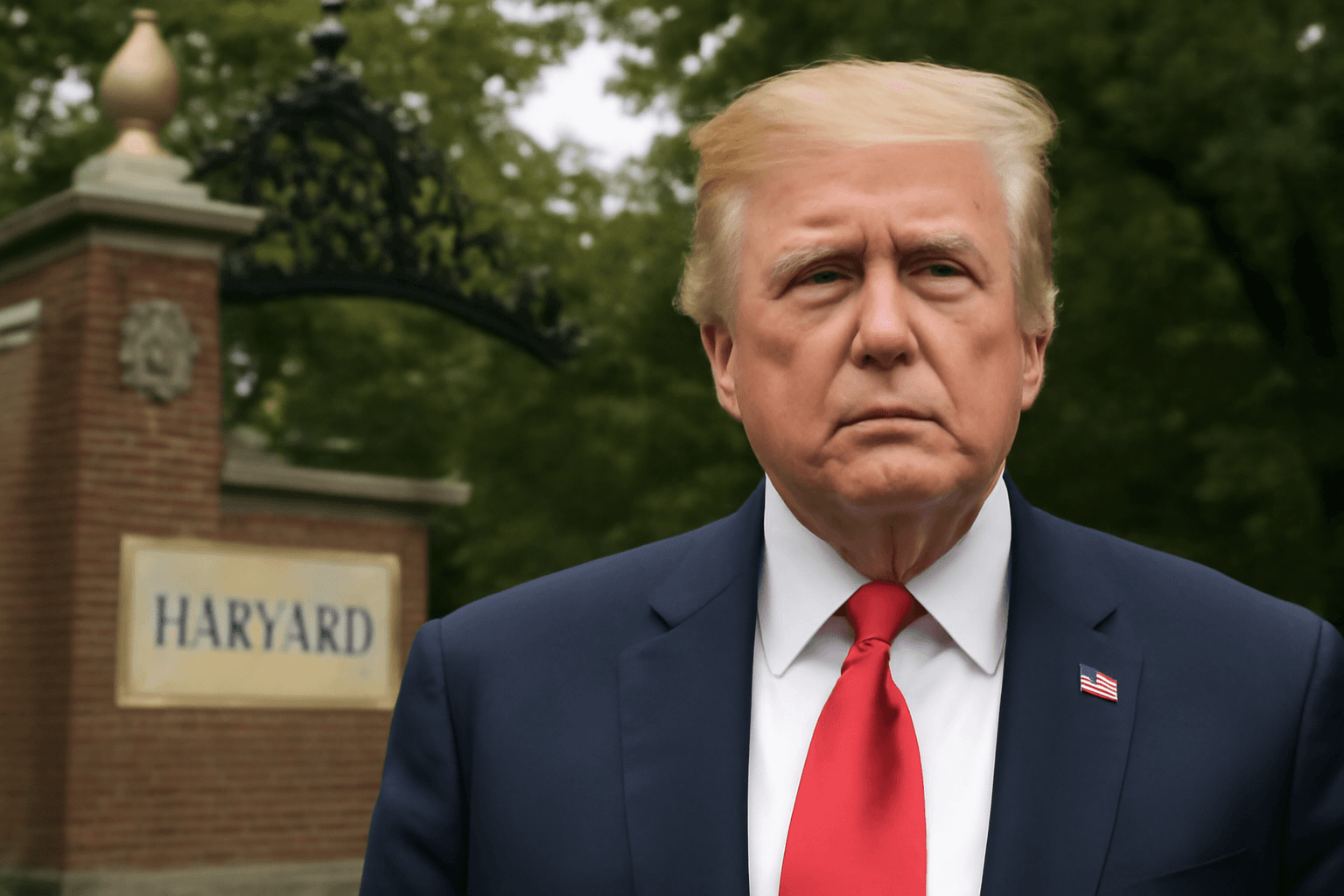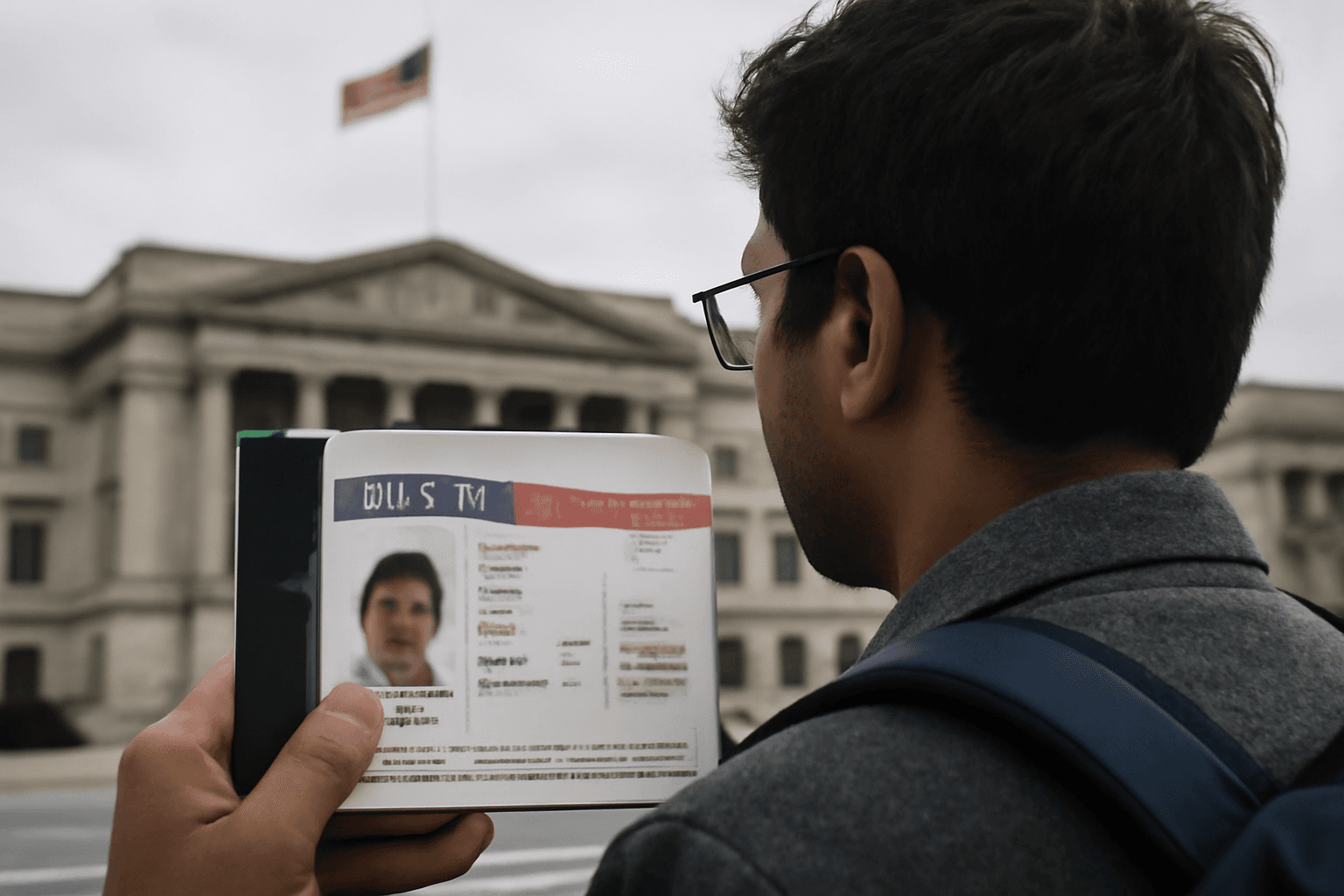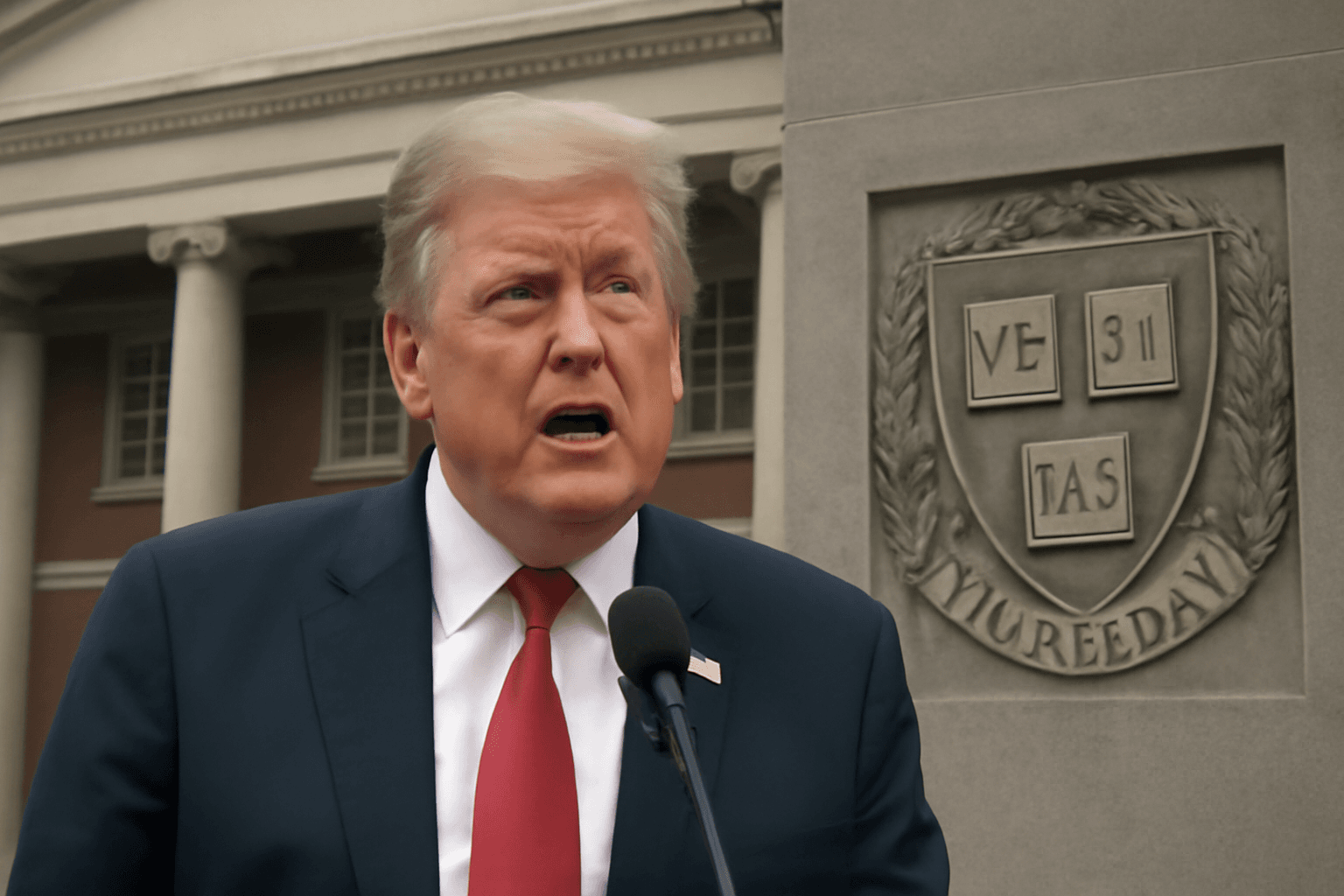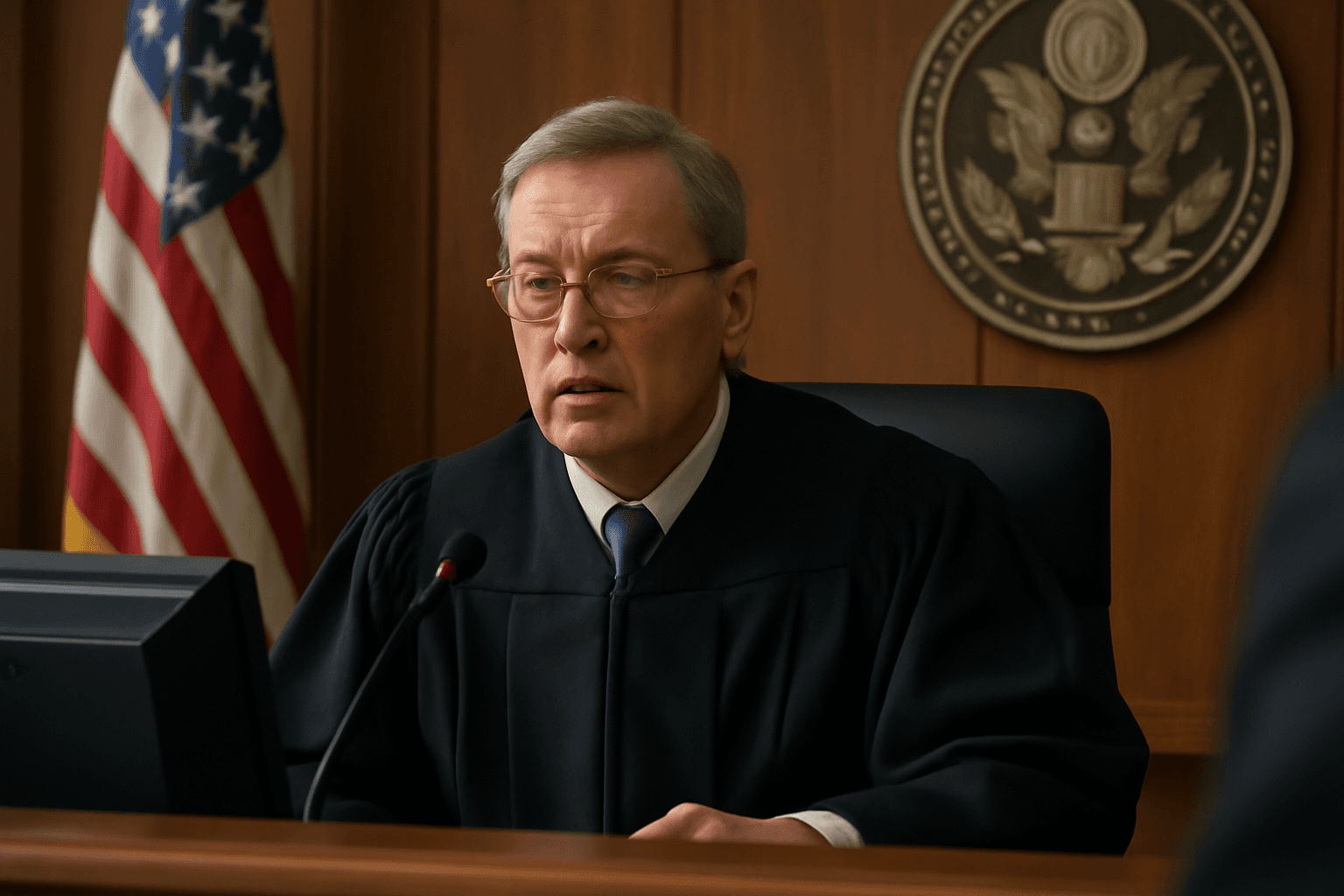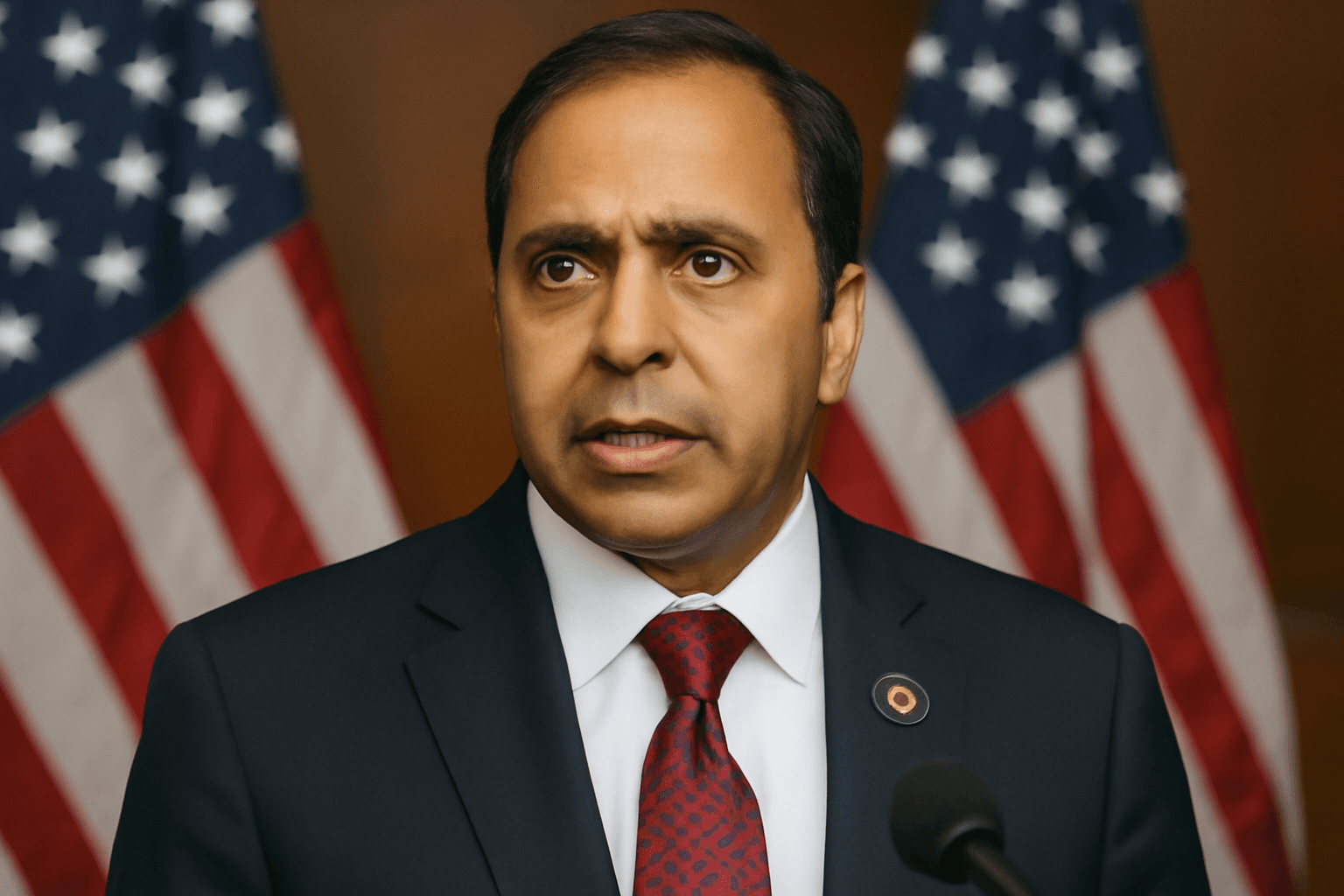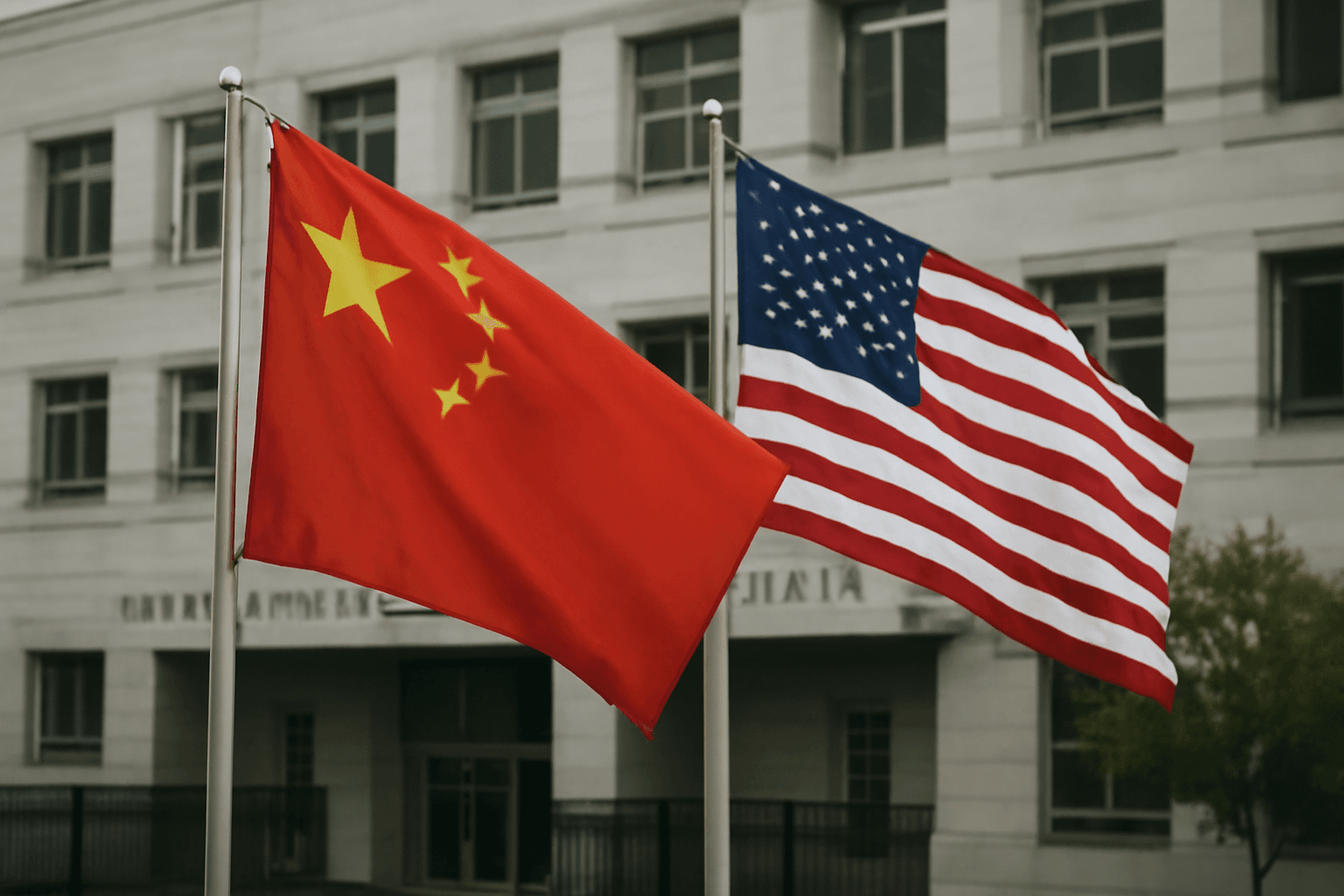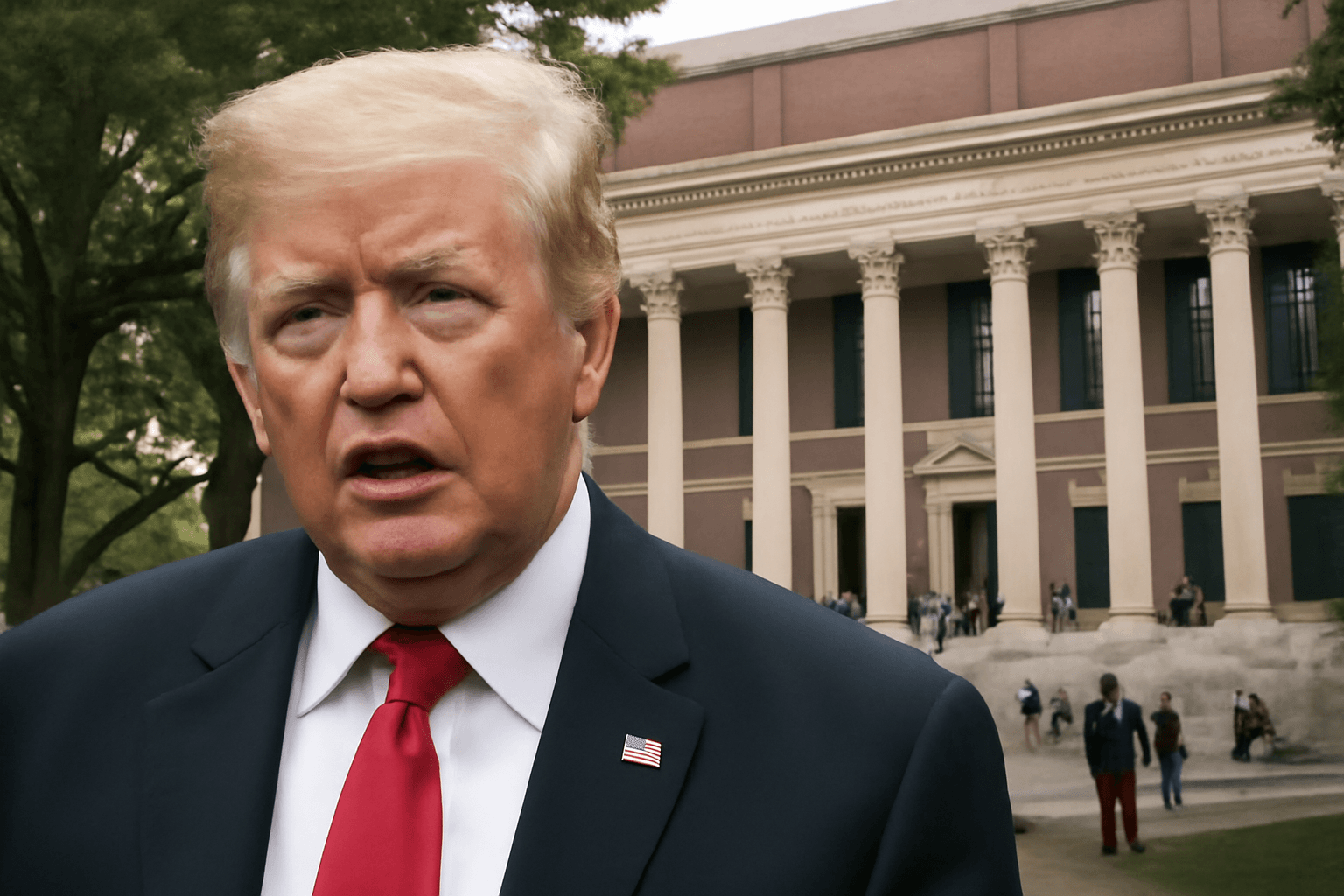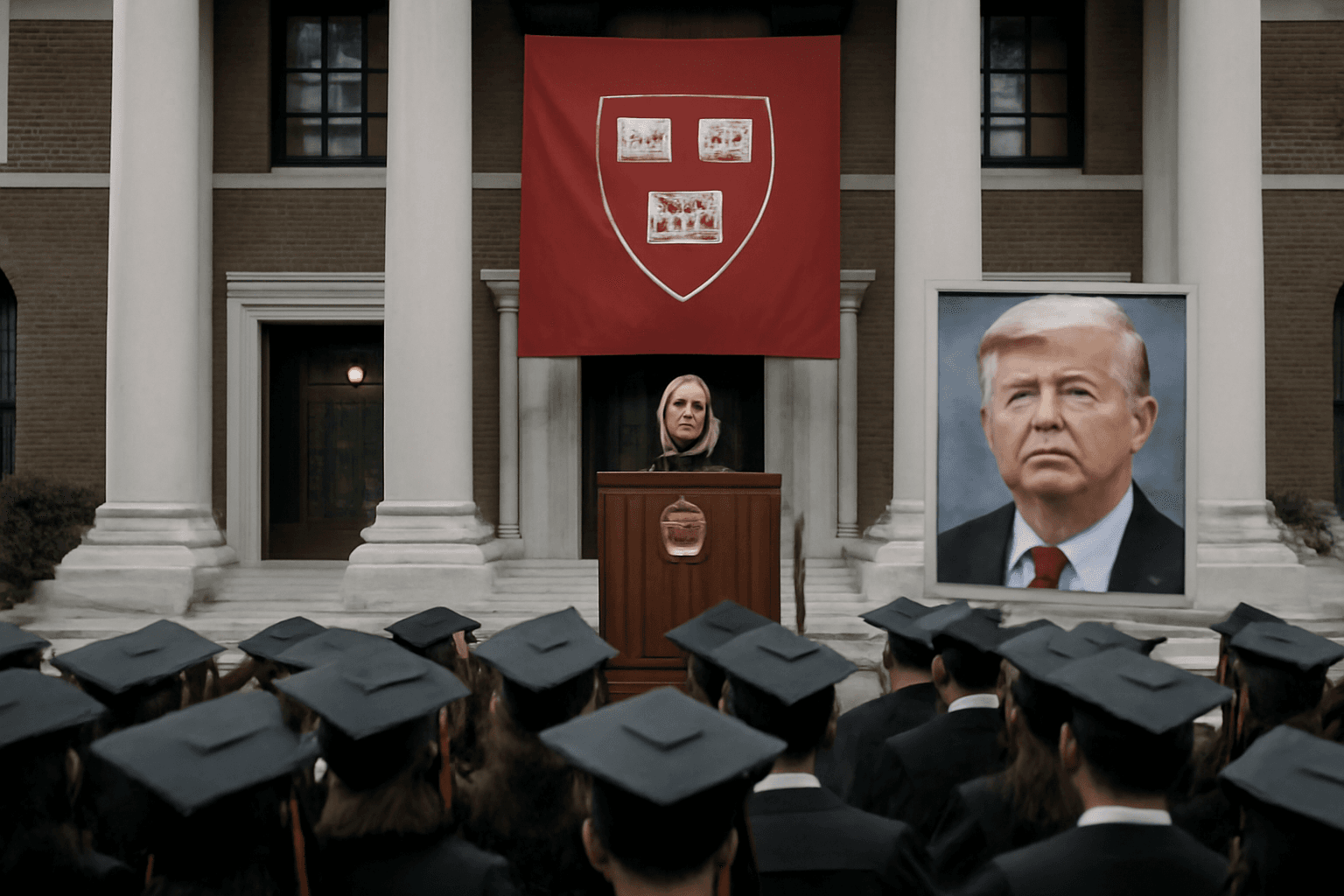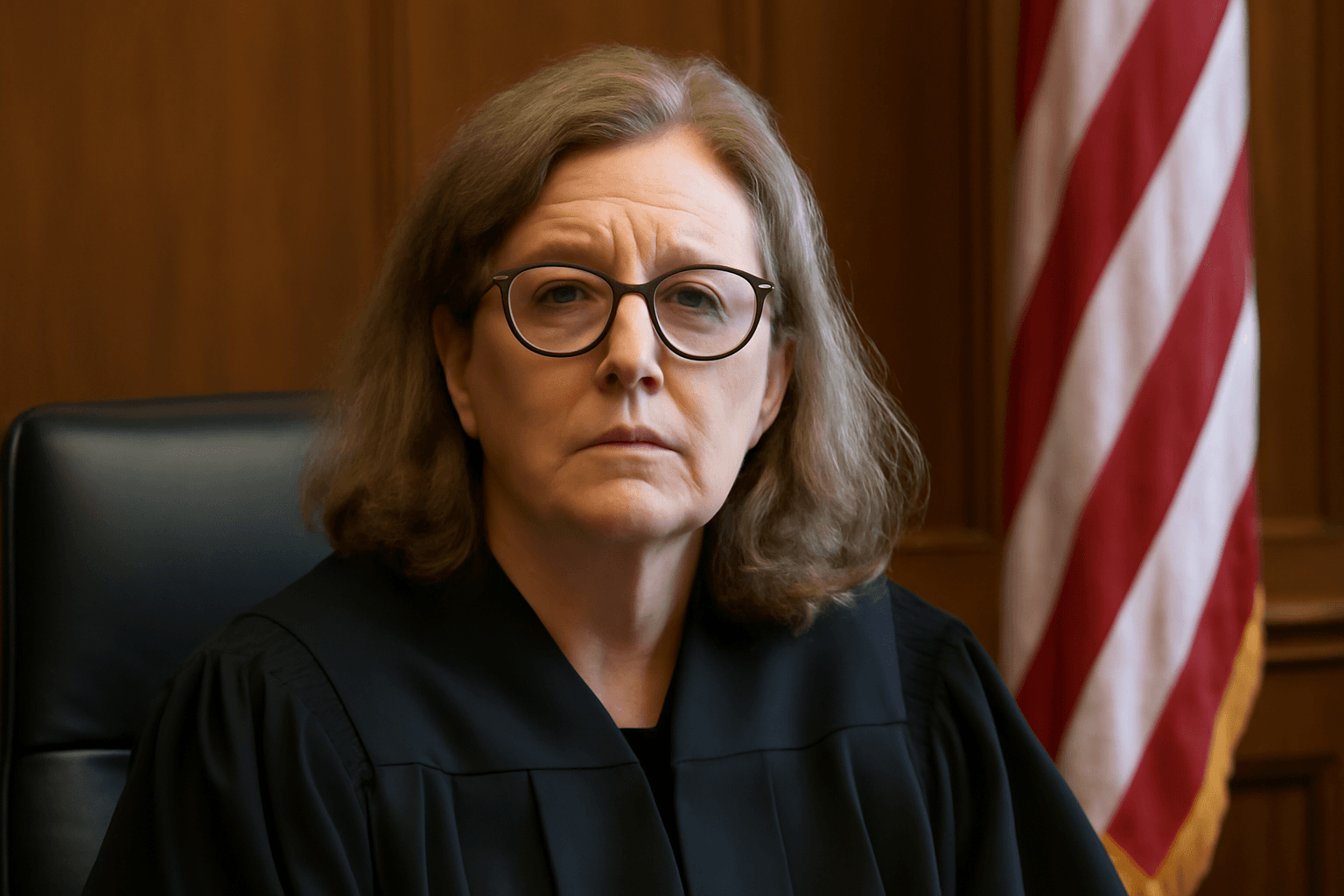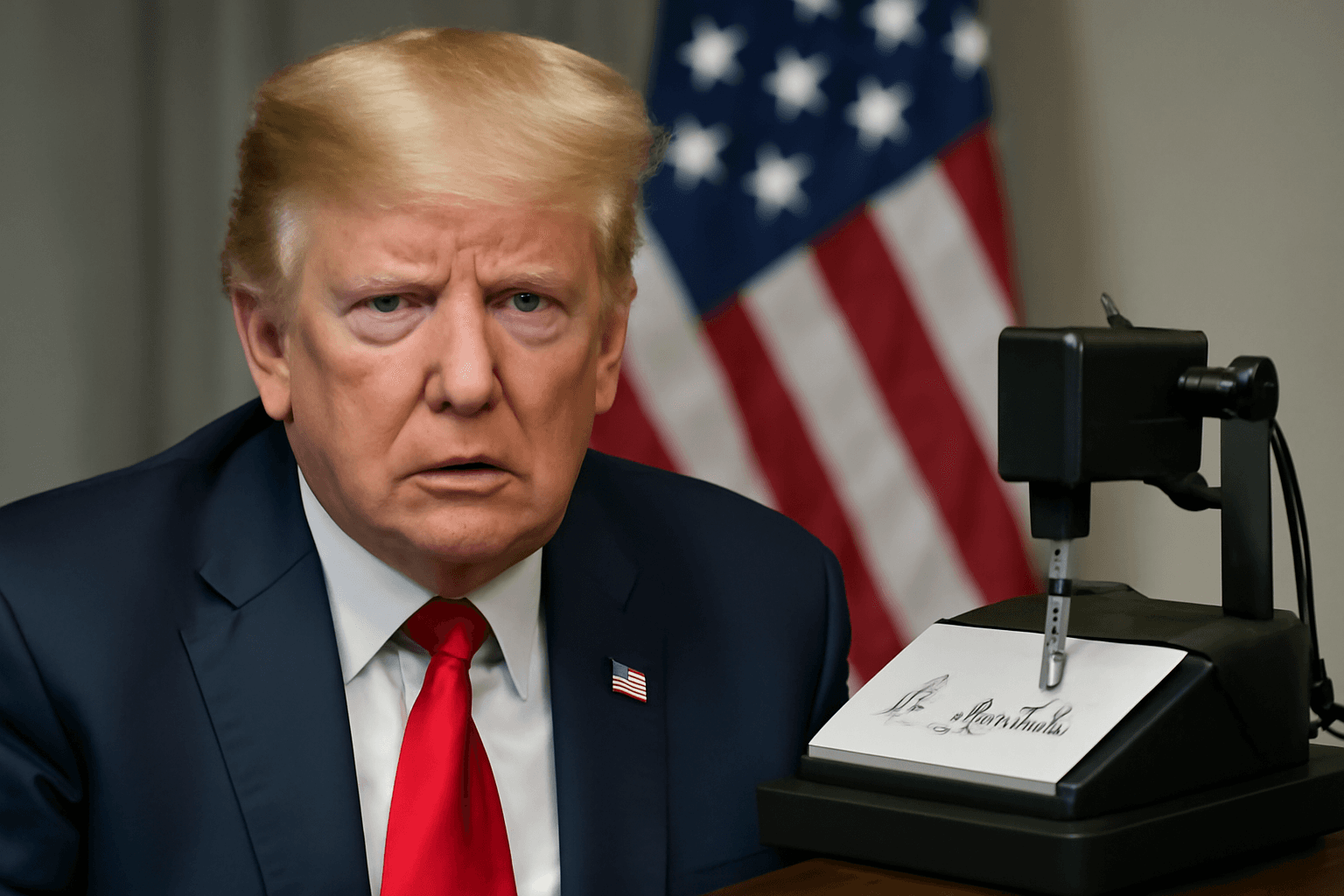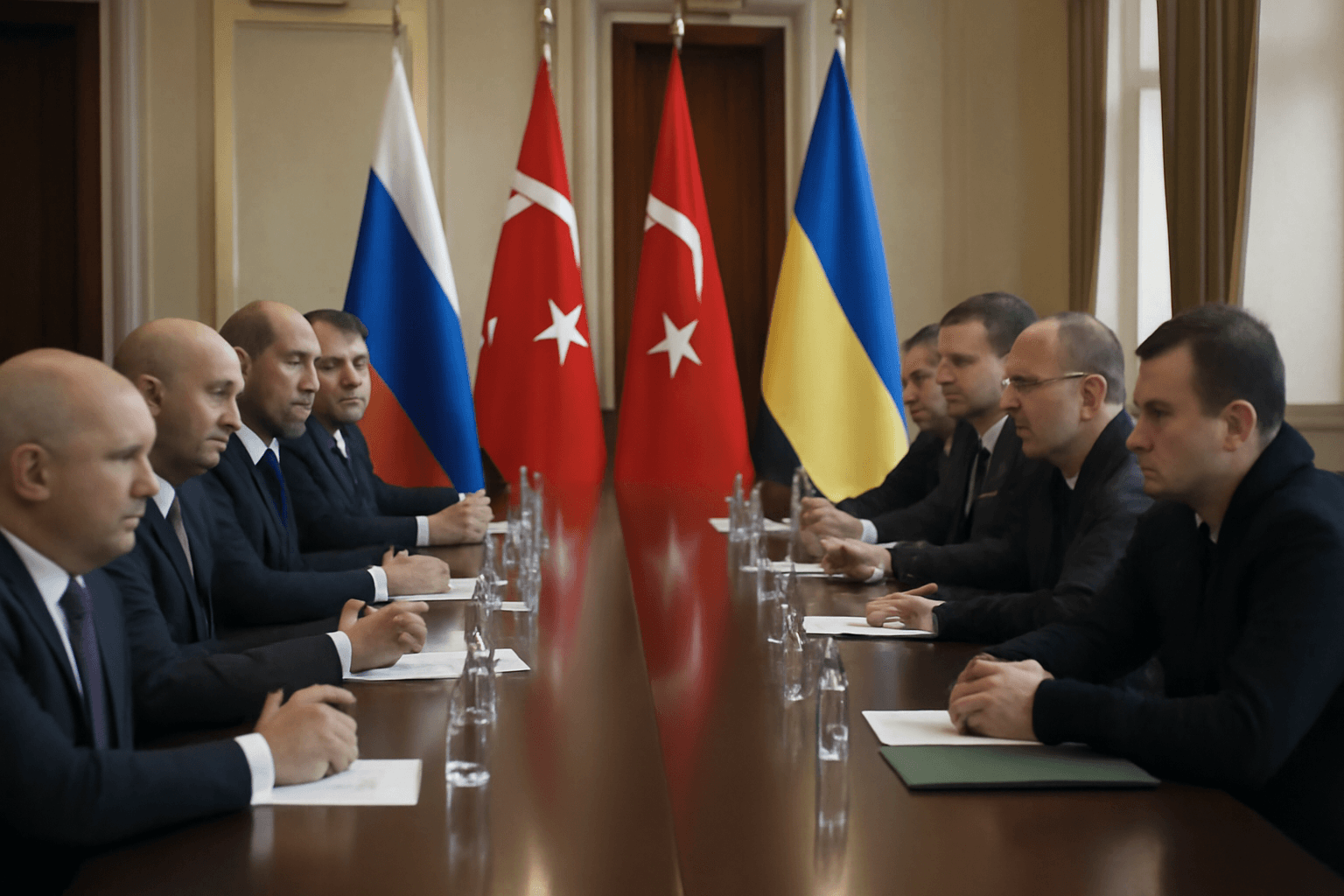Harvard University endured a week of intense protests as students reacted to President Donald Trump's administration's decision to cancel all remaining federal contracts and revoke the university's authorization to enroll foreign students. This move is part of a broader crackdown on elite universities accused by the administration of fostering liberal bias and other alleged issues.
The cancellation of federal contracts poses a significant financial challenge for Harvard, with losses estimated at around $100 million. The revocation of authorization to host international students directly affects thousands of scholars, creating uncertainty about their ability to remain in the United States during and after their studies.
During a protest near Harvard Yard, hundreds of students expressed their dissent by holding placards and chanting slogans such as "Trump = traitor" and "Who belongs in class today? Let them stay!" Senior student Alice Goyer, dressed in her graduation gown, conveyed the distress felt by many: "My international classmates don't know if they'll even be allowed to stay." The Department of Homeland Security's decision to revoke Harvard's authorization disrupts the student and exchange visitor program, jeopardizing enrollment and the future of many international students.
This action follows earlier punitive measures from the administration, including freezing billions in federal grants supporting Harvard's research projects. These efforts are widely viewed as an attempt to pressure the university into revising its curriculum, admissions policies, and diversity initiatives.
President Trump intensified his rhetoric, describing foreign students at Harvard as "radicalised lunatics" and promising to "purge the system." However, legal experts remain skeptical about the sustainability of these measures. Ray Brescia, a law professor, contended that the courts are likely to overturn this crackdown, emphasizing the strength of the legal arguments against such punitive actions.
A recent judicial intervention granted a temporary restraining order on the revocation, with a full court hearing scheduled to coincide with Harvard's commencement. This delay offers temporary relief amid high stakes for international students, who constitute approximately 27% of Harvard's student body.
Students expressed concerns about the long-term repercussions on Harvard's reputation as an international academic hub. A British student, only identified as Jack, remarked, "The cloud may pass, but the damage is done. If I were applying for a PhD today, I wouldn't choose the US."
Alumni and faculty members have joined the opposition, with a group named Crimson Courage planning to initiate a class-action lawsuit shortly. Faculty members have highlighted how the controversy has already damaged Harvard's standing within the global academic community. Professor Ryan Enos noted, "Colleagues abroad are advising students against applying to US universities. It’s heartbreaking." California Governor Gavin Newsom condemned the administration's measures as "a betrayal of American values."

